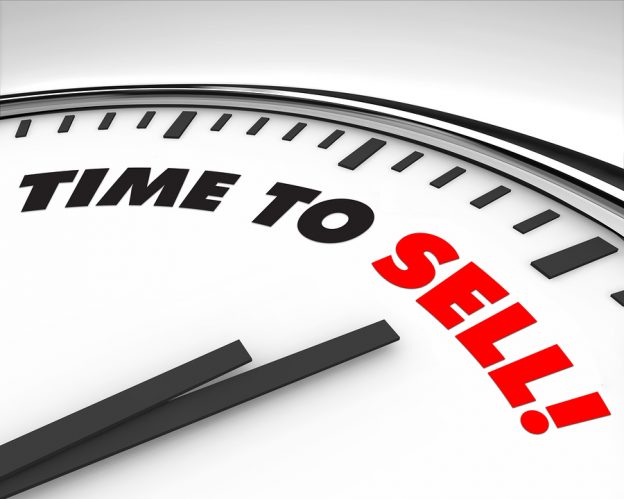Smart sellers engage business brokers to maximize value and ensure a smooth transaction. As you shop for a business brokerage firm, it’s your responsibility to ask the right questions so you select the right party to sell your business.
Here are some questions to get you started, grouped into three general categories: experience, marketing, and administration. Choosing the best broker for your situation is crucial to getting top dollar with minimal headaches, so take your time interviewing candidates.
EXPERIENCE
How long have you been a business broker?
Experience is crucial in this business–it’s a huge part of the value proposition you’re paying for with your commission. If the agent you’re interviewing doesn’t have a long track record, they can still do a good job providing that they get adequate support from their highly experienced colleagues. Ask detailed questions to confirm that you’ll be benefiting from experienced professionals. Also, confirm how long they’ve been with their present firm. While it’s normal to change firms occasionally, excessive transitions suggest a problem.
In what industries have you sold businesses?
If the broker hasn’t sold any businesses in your industry, they can still do a good job if they exercise due diligence and learn about the field. Ask them to share their experience in your industry. If it’s new to them, they should explain how experience with other clients will contribute to success, and how they’ll come up to speed in your industry.
How many listings do you have?
A qualified business broker should have a number of active listings at any time–generally between 15 and 20. If their number is on the low side, find out why. If their number is on the high side, ask them about the size and performance of their administrative and support staff.
How many businesses do you sell annually?
A typical annual volume is eight to ten businesses a year. If the number is lower, find out why. If they sell very large businesses, a smaller number may be acceptable, but it’s important to learn more.
How many businesses have you sold in total?
More sales equals more experience. Again, if your prospective broker doesn’t have extensive experience, but has excellent support from colleagues and the resources of a large, established firm, she or he may be a suitable candidate.
What is your closing ratio?
When you get an offer, you want it to close successfully. Find out the closing ratio of your candidate, and ask what pitfalls they’ve encountered in the past which have disrupted closing, and what steps they’ve taken to address the problems.
Do you have testimonials?
Ask for testimonials and contact references. However, remember that business sales are confidential and brokers cannot disclose the information on any completed transactions without the seller’s permission.
MARKETING
How do you determine the value of my business?
A professional valuation of your business is one of the main benefits of retaining a business broker. You want a brokerage which stringently determines your business’s worth. They must consult industry standards, examine business comps and run calculations to come up with an accurate and realistic number. They also need to be transparent in this process, sharing the data with you to justify their conclusions. Correct pricing is crucial to a timely sale.
Do you have a database of buyers? How big?
A digital database sorting potential buyers can speed up a sale.
ADMINISTRATION
What’s your process for qualifying buyers?
Brokers have a duty to protect your privacy, so they shouldn’t share details about your business recklessly. Before the firm shares financials on your business, what measures do they take to qualify buyers?
Do you assist with obtaining financing?
Financing has undergone big changes in recent years. Make sure your broker knows what financial institutions are interested in financing your business.
Do you have reliable attorneys, lenders and tax specialists?
Deals often disintegrate because other parties such as attorneys, lenders and tax specialists drop the ball. Seek a firm that has established relationships with these professionals. There are a lot of moving parts in a high-stakes transaction, so clear expectations and a proven sequence of steps are crucial. For example, to minimize tax liability they must engage tax specialists to assist with structuring the deal before the business changes hands.


